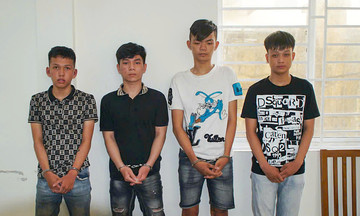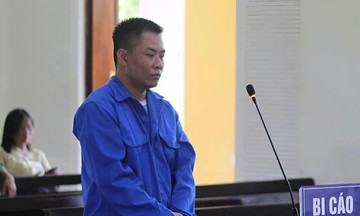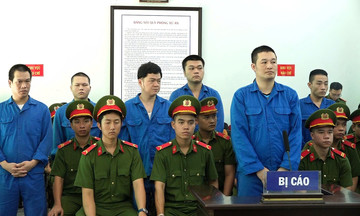At least 14 South Korean women under police protection have been murdered in the past three years, mostly by former partners. The victims had reported threats and violence, receiving police support such as special patrols, smartwatches with emergency alerts, and temporary protection orders. However, lacking legal authority to isolate attackers, police intervention is often ineffective.
South Korea has laws on domestic violence and stalking, but no specific framework for dating violence, hindering law enforcement.
According to the US Department of Health and Human Services, "dating violence" is physical, sexual, emotional, or verbal abuse by a romantic partner. Signs include forced sex, excessive jealousy, excessive control, deliberate belittling and isolation, and physical violence.
Legal loopholes leave women vulnerable.
According to the Korean National Police Agency, 14 women under police protection died between 2022 and July 2025, with 4 victims in the first half of 2025 alone. Among the perpetrators, six were ex-boyfriends, three were legal husbands, two were common-law partners, two were ex-husbands, and one a former colleague.
Victims are especially vulnerable because perpetrators are familiar with their routines and residences.
 |
Choi, a 26-year-old medical student, was arrested for murdering his girlfriend on 6/5/2024 and sentenced to 26 years in prison in December 2024. Photo: News1 |
Choi, a 26-year-old medical student, was arrested for murdering his girlfriend on 6/5/2024 and sentenced to 26 years in prison in December 2024. Photo: News1
Police can request court orders to separate couples or detain individuals in cases of stalking or violence within legal or common-law marriages. However, this isn't possible for unmarried couples unless stalking is proven. Even if a woman is identified as being in danger, authorities are limited if the alleged abuser isn't her husband.
"Dating violence often doesn't meet the legal definition of stalking or domestic abuse. We can't issue emergency orders or make arrests unless the crime fits narrow criteria. This delay can be fatal," a senior police official stated.
Repeated calls for help are ignored.
Victims of dating violence often hesitate to report abuse due to emotional dependence, financial entanglement, or fear of reprisal. This has led to calls for stronger government intervention through legislation, regardless of the victim's wishes, especially in high-risk cases.
In late July, police reported 4 stalking-related incidents in six days. Three involved dating violence, two resulting in murder. All victims had reported their abusers. Police sought to arrest one suspect under anti-stalking laws, but prosecutors rejected it.
In Daejeon, a woman filed 4 complaints against her ex-boyfriend in a year, but he was only charged with assault and trespassing. Days before her murder, she called the police again, but they closed the case after she said the situation "was resolved".
A 2024 study by the Korean Institute of Criminology and Justice found 80% of intimate partner assaults recur within a month of the first offense, with the interval between attacks decreasing.
The controversial "no prosecution without victim consent" clause was removed from anti-stalking laws in 2023. However, it doesn't apply to dating violence unless it meets the definition of stalking. Thus, suspects can't be detained unless their actions meet specific legal provisions.
Reform efforts are underway.
Nine bills concerning dating violence await National Assembly approval, proposing a new law or amending existing domestic violence and anti-stalking laws to include dating relationships. Debate is stalled, partly due to disagreement on legally defining "dating relationship".
Countries like the US, UK, Japan, and Australia typically include dating relationships within domestic violence frameworks, recognizing the unique danger posed by abusers with emotional closeness and control over victims.
"There's no official data on dating violence. We're manually compiling cases from news reports. Without understanding the scope, we can't effectively plan policies or allocate resources," stated an official from the Korea Women's Hot Line.
Police are pushing for reform. A roadmap announced on 5/8 proposes allowing police to bypass prosecutors, directly requesting court protection orders in stalking or domestic violence cases. Currently, if prosecutors reject the request, no isolation measures are implemented.
This call for reform follows widespread outrage after a stalking victim in Uijeongbu, Gyeonggi Province, was murdered days after prosecutors rejected a police request for a temporary restraining order.
Tue Anh (Korea Herald)












